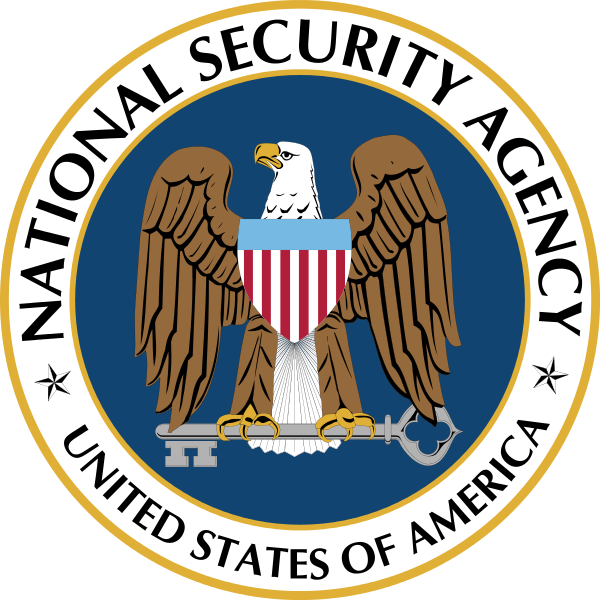

Microsoft is a unique company that grew out of and sustained itself using crime. It then took over crime enforcement, reducing the potential/likelihood that it will be held accountable and people among its ranks be sent to prison (or resent in Bill Gates' case). Microsoft is not an ordinary company; it's a political animal which has a lot of power over the media and tries to make criminal activities look not only acceptable but commendable.
Open-source products are highly customizable, and aren’t locked in to specific providers. Developers can freely make additions, modifications and alterations to the structure or the code in an open-source setup. The merging of these two technologies has given birth to the open-source virtualization phenomenon, which has key benefits over branded, locked-in solutions. According to a recent study, consumers have saved in the region of $60 billion per year by going open source.
The Open Networking Summit (ONS) gets underway today as a conference discussing the Software Defined Networking (SDN) movement. But what is SDN anyway, and does it have a uniform definition?
Pop quiz: What technologies will potentially succeed operating system virtualization? Most pundits will tell you cloud computing or perhaps software defined data center or software-defined networking (SDN). But another potential answer involves so-called container technology like Docker. Here's why.
Under the leadership of Satya Nadella, Microsoft has done a major reshuffle at the company. Nadella will be tightening the focus that the sharp and most celebrated CEO of the world, Steve Ballmer, gave to the company with attack campaigns against Google. Nadella is appointing Mark Penn as C-level executive promoting him to the role of chief strategy officer.
Microsoft has fixed security bugs in Internet Explorer and Windows that allow hackers to remotely execute code on victims' vulnerable machines – one bug a result of poor JPEG handling.
The documents leaked by Edward Snowden have yielded what may be their most shocking revelation yet: plans to infect millions of computers with malware to prevent them from working properly. This was devised by the NSA in consultation with a shady billionaire, unofficially named as ‘Bill Gates’, who had close links to many different arms of the US government.
Because Microsoft Windows causes intermittent crashing and losing people’s work, it is claimed in the documents, terrorists will be unable to make videos of their impending martyrdom. By refusing to print reliably, they will not even be able to print out flyers calling on people to ‘rise up against the Western oppressors’.
‘This project has already been successfully used to bring the Iranian nuclear enrichment programme to its knees, along with most Western businesses,’ said a government source, who asked not to be named. ‘There is literally no corner of the world that has not been infected. We believe it is the most successful computer malware of all time.’
The report from Glenn Greenwald and Ryan Gallagher, based on the Edward Snowden leaks reveals that the NSA – surprise, surprise – has automated its spying operations, so that malware once used to target the odd terror suspect can now be used routinely. The programme is called “Owning the net”. (Israel also gets a special shout-out in the report for its work with the NSA in developing malware.)So it’s no longer – and, of course, never was – only about tracking metadata from our phone calls and Google searches. This is industrialised spying, including on domestic populations, using our interactions with the net (which means most of our activities) to know what is going on in our minds.
As the dangers of NSA spying slowly come to light, with issues ranging from potential CIA spying on US political leaders and stealing documents from the US Senate to a precipitous drop in worldwide confidence in U.S.-based technology platforms, Bill Gates, founder of the core operating system in over 90% of the world’s computers, deftly made the case for NSA spying in a recent Rolling Stone interview. Notable in the interview is not so much what Gates said, but what he didn’t say.
Comments
Needs Sunlight
2014-03-18 08:29:41